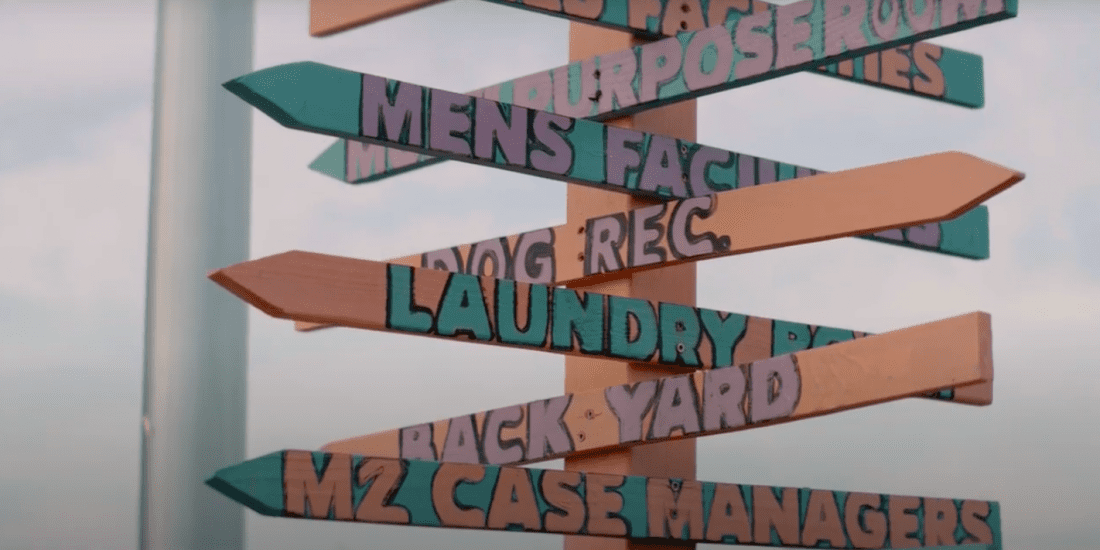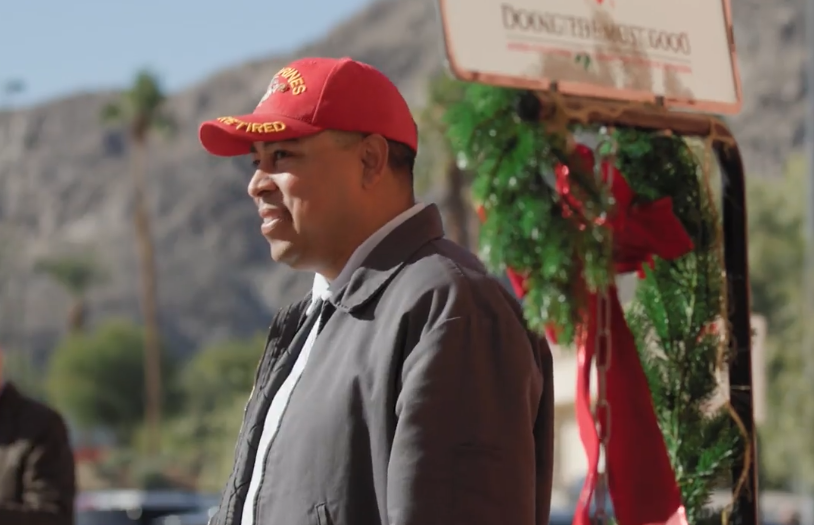When David consciously decided to renounce Christianity, he turned to science and technology. When his wife Diane began to view the church as a social club at the same time, she turned to art and culture. They journeyed with their daughter through life, trying to discover their purpose together and their reason for existing. Everything changed, though, when they attended a concert that altered their souls and their perspectives as they learned to balance all of the aspects of their lives: science, art, faith, technology, culture and God.
Read the transcript of the video here:
David: I remember sitting in my room and I consciously said, “I renounce Christianity.” People have used the name of God to do horrendous things, you think about the Crusades… Christianity was sort of a propagation of human oppression of others. So, it really just became an understanding that I was maybe brainwashed by the institution of the church. I had become an agnostic. I was skeptical there might be a god but I fundamentally felt that I had no connection with God.
Diane: Then, I just kept going on as a Christian and I kept raising my daughter as a Christian. The one thing I did though, I did reject the church. I just thought the church was like a social institution. I saw the people outside the churches much more authentic than the people in the church.
David: When I came to the decision that I renounce Christianity, I realized that my plan for my life had to change because God wasn’t in control anymore. And so I thought Plan B for my life is to totally immerse myself in science and technology. So my first job at UCLA was a programmer analyst in the Institute for Geophysics and Planetary Physics. UCLA was sort of like my secular cathedral of greatness but I was thinking I’ve achieved everything that I wanted to so I didn’t see any real meaning for life after that. It’s like, “What do I do? I just grind out a few more years of service then we retire and we have a few years left together with family and then I die and that’s it.” I didn’t see any true purpose in life. We were going to cultural events we were doing things to try to find some sense of purpose in the world.
Diane: So we had reached this point where secularism was probably what we found our meaning in. If I still was living in some sort of confusion, like where do I belong though and all of this, where do I fit?
David: In May of 2016 The Salvation Army had an international brass band celebration in Long Beach, California, and so I got tickets for that. I thought, “Wow, that has got to be like the pinnacle of brass band music of all time.”
Diane: So there I was sitting in the concert and Bill Himes, he is the conductor, and he said “We’re not here to show off our musical talent, we’re here to bring the gospel of Jesus Christ.” I was just thinking “It’s just propaganda,” but my soul was being stirred and the point came when the “Pilgrims’ Progress” played … That moment just changed my life because I’m like, “wow this is describing my journey, this is describing my experience in life.” God was still working in my heart and telling me “there’s something that’s beyond the way you had conceptualized the church as just a social institution. I want you to know that I’m in the church, that there are people in the church that I’m working in it. You don’t have to feel like you don’t belong there.”
David: So the next day the Canadian staff band was at Torrance and we decided to go and in the middle of the service there was a solace—that saying, “it is well with my soul.” When I heard the song I realized that it was not well with my soul. That’s when everything changed. God told me “That’s what you’ve been missing, that’s what you’ve been looking for,” and he wanted to have a relationship with me and these walls that I had against God just fell within me and it was such an overpowering experience. I didn’t have arguments that held up against that experience and after that morning my life has never been the same.
Diane: Maybe I wasn’t delusional about the fact that there’s people out there who are involved in religion for the wrong reasons or they themselves see it’s just a social institution, but there was something that God had wanted me to focus on that went beyond that. And that was the power of God in people. It took me back to the days with all the people that I knew in the church who were sincere, the people who truly believed in what they were doing and what they were saying and they loved me and they taught me about God. The people who had actually formed this desire because of their example because of the way they lived.
David: When do you actually grapple with the essence of your being? What’s my purpose in life? Even if you’re achieving all of your goals, all of your dreams, there’s something more that the human condition needs and that is to have a relationship with God. To atheists and agnostics, I would say you’re missing something. You’re missing something that affects your soul, is it well with your soul? If you realize that your soul is not well I believe that only a relationship with Jesus Christ can make it well.
Do Good:
- See more videos like this in our video feed.
- Are you a Do Gooder, someone who cares about bringing goodness into the life of your family and community? Subscribe to The Do Gooders Podcast to be inspired by those doing good and find tangible tips for simple actions you can take today.
- Did you know The Salvation Army served more than 23 million Americans last year fighting hunger, homelessness, substance abuse and more—all in a fight for good? Where can you help? Take our quiz to find your cause and learn how you can join in today.

















